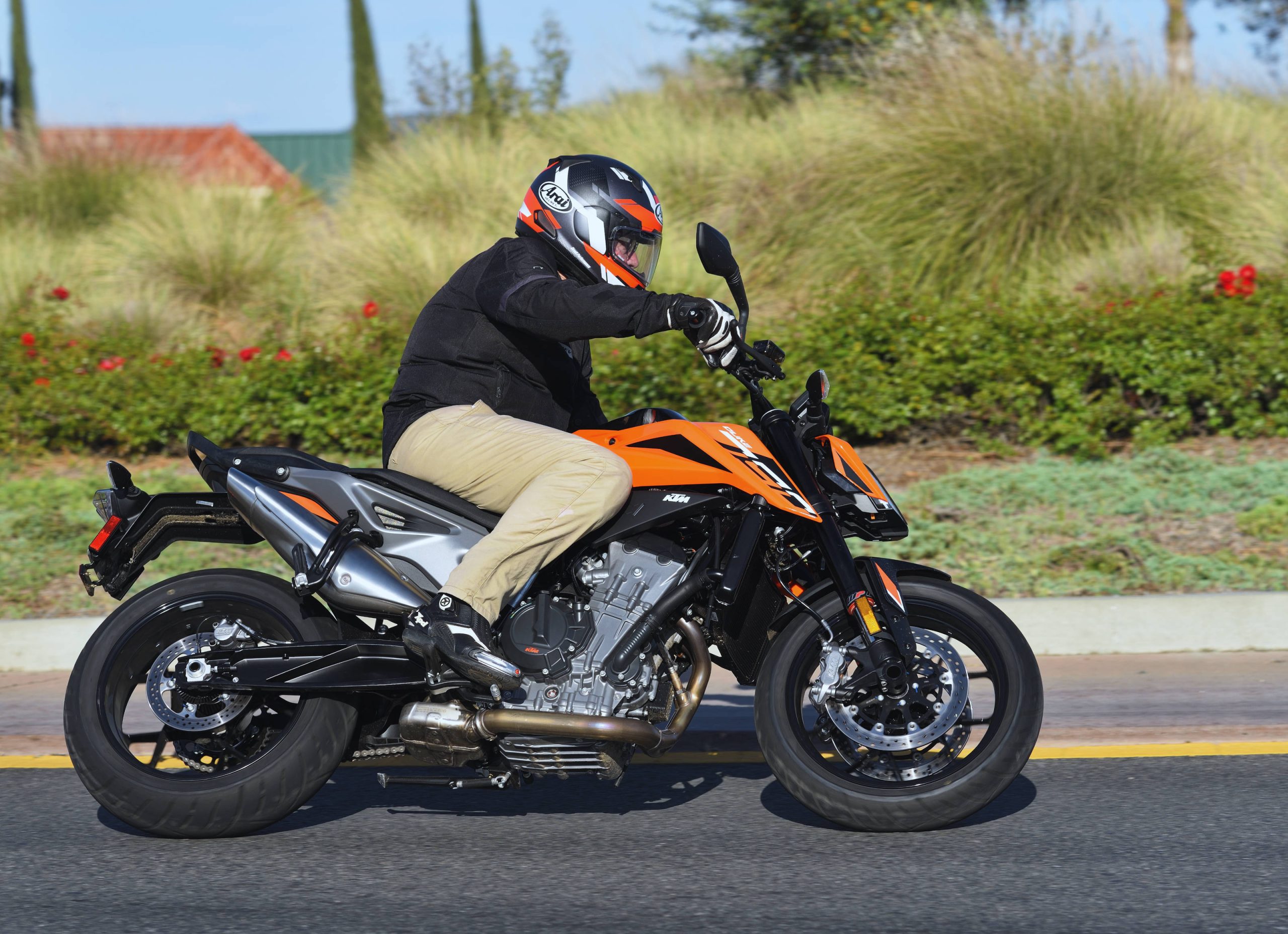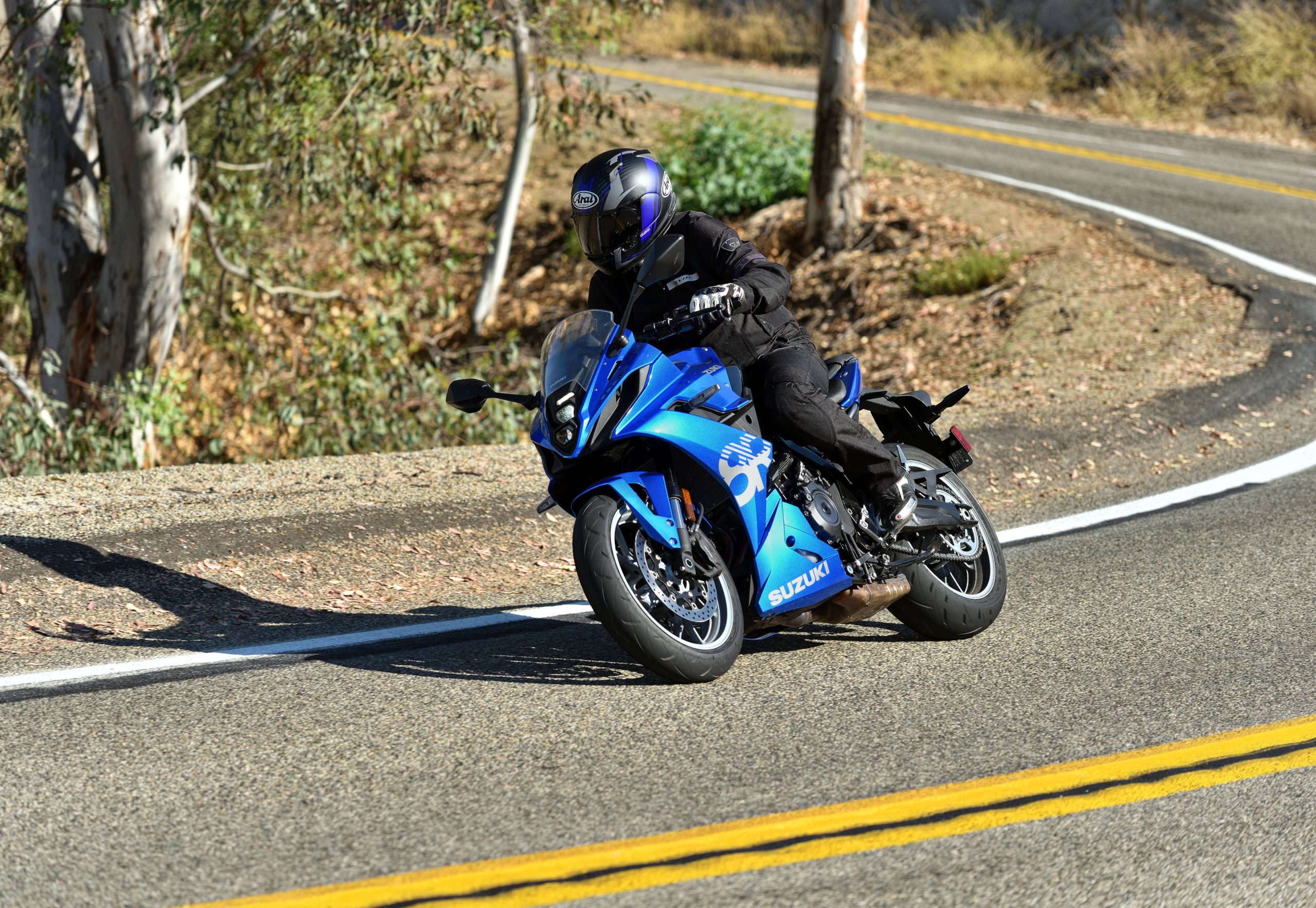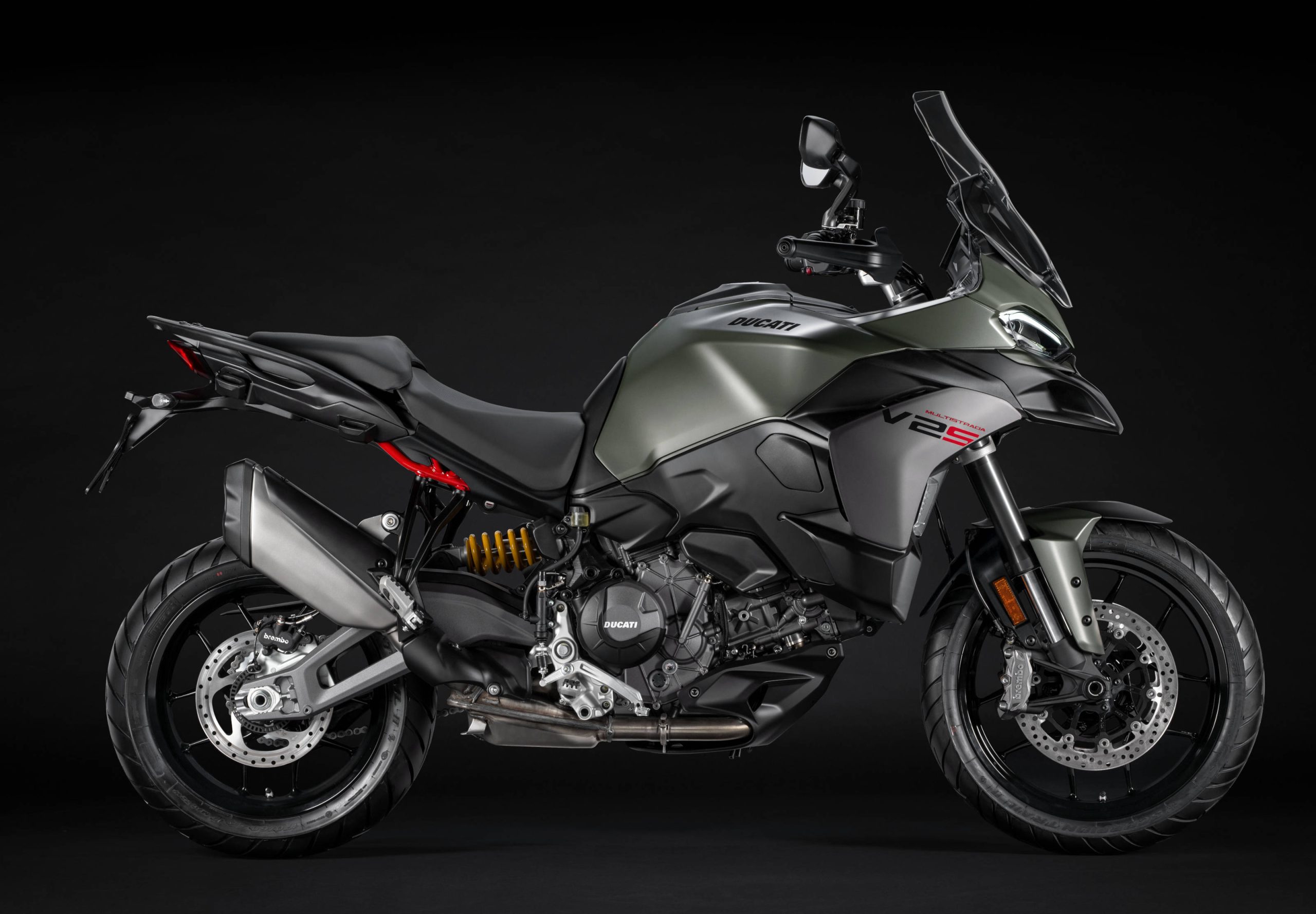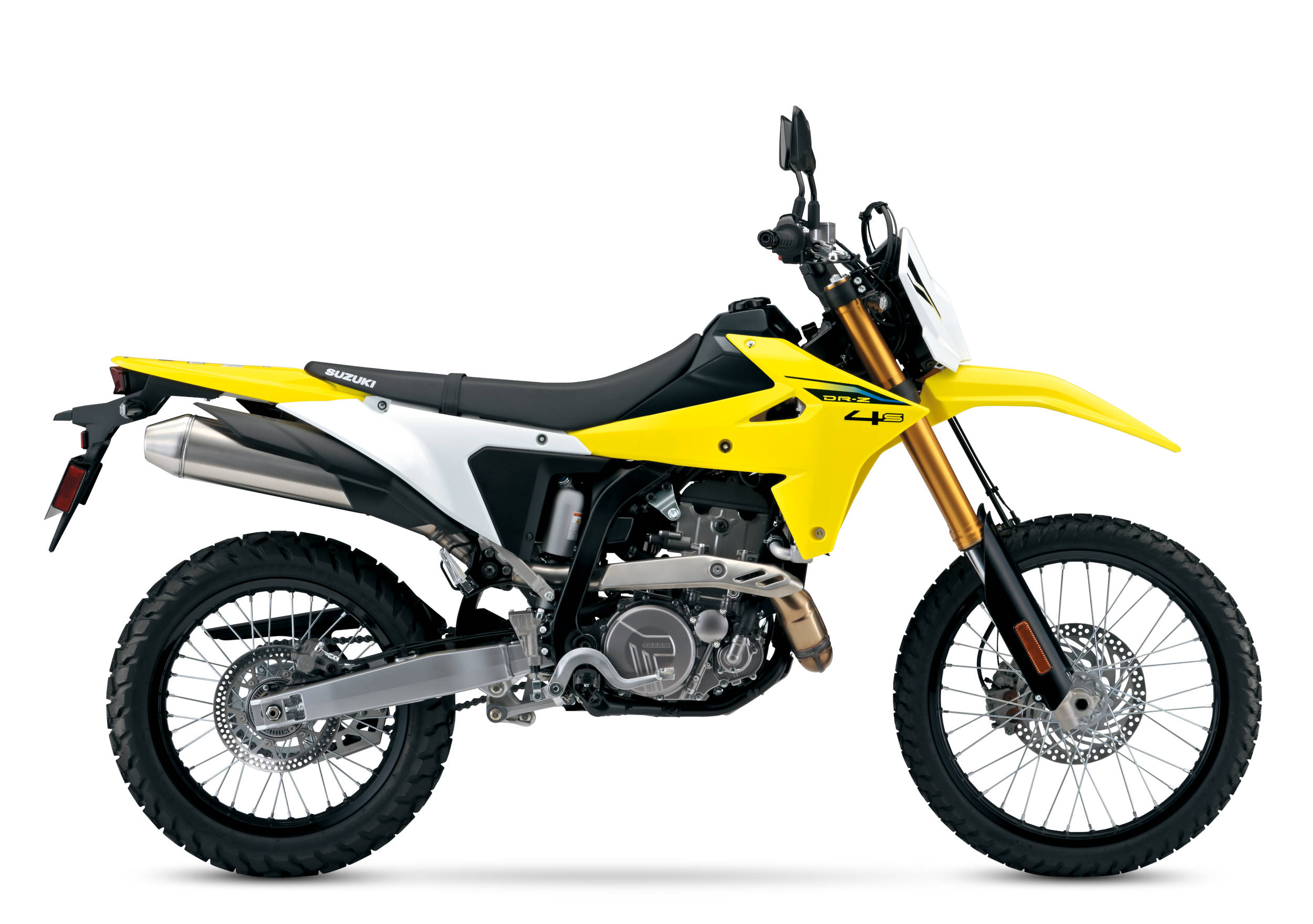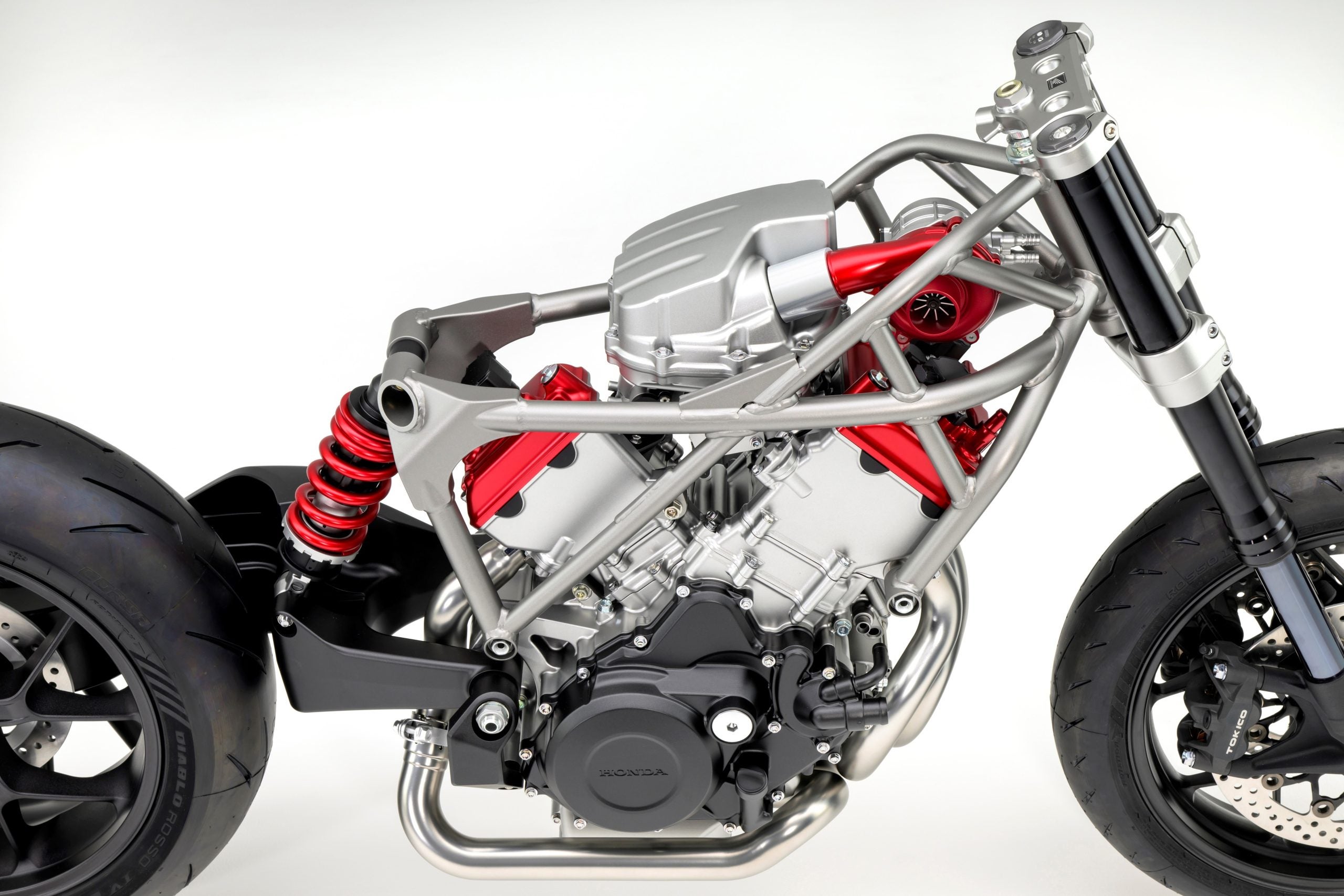According to Hampshire, U.K.’s top cop Alex Marshall, your mid-life crisis can kill you. This is his opinion following an increase in motorcycle crashes in the Hampshire area involving men in their 40s, 50s and 60s, and his sentiments have been mirrored by authorities in the USA and Europe as riders get older and the number of fatalities increase. But is it true?
I put the question to Dan Carter, a prolific amateur statistician who has been posting thoughtful, well-researched essays on issues such as rider safety and crash analysis on Bay Area Rider’s Forum, a forum we both frequent.
“If motorcycling demographics in the UK are like the US, the explanation of the increase in age 40 and over riders involved in crashes is simple: They’re the ones who are crashing because they’re the ones who are riding. Chief Constable Marshall says they’ve had 6 recent fatal crashes, and 3 of the victims were over 40. But without knowing the age distribution of the overall riding population, that stat tells us nothing.
“In the U.S., median rider age is 41, according to the most recent MIC owner survey, but the median fatality is 38. So older riders are actually less likely to crash than younger riders. In fact, that’s not particularly surprising. Researcher Harry Hurt found that to be true in the 1970s, and the European Motorcycle Accident In-Depth Study (MAIDS) reached the same conclusion in 2003. A closer look at current U.S. fatality rates by age group – number of deaths per 100,000 owners – shows that riders under 30 are 50 percent more likely to die than riders over 40.”
So it seems that officials and media in the U.K. are just as likely to panic as here in the States. There’s no doubt that riders are dying – and dying needlessly – here, but if I see another “Baby Boomers Killing Themselves on Motorcycles”-type story I’m going to scream. That kind of coverage shifts the responsibility for safety from riders and legislators onto some amorphous idea that old folks are hurling themselves, lemming-like, into certain death by participating in the perilous blood sport that is motorcycling. Not a good approach if we really want to save lives.
MD Readers Respond:
- Your “Expert” cited in this article did a flawed analysis. He did not take into account that younger riders log many more miles than the older >riders…so his conclusion is wrong. Older riders ARE dying at a higher rate, as stated in the original article… Geo
I would very much question that “Fact”. I’d very much like to see the source of that information.
My riding is pretty much exclusively touring / long distance; about 400,000 Km’s in the past 10 years or so. I would suggest that the vast majority of riders I meet on the road, away from home, are over 40 years of age and the miles we put on collectively are probably well in excess of the younger riders who, I believe, are more likely to be riding shorter distances closer to home. It’s very much a question of finances and free time. There may be more younger riders but the over 40 group are likely to be the big mile eaters. My conclusion is that, if I am correct, and the midlife riders do put on the most miles, then we are firmly in the center of the bell curve of miles ridden and fatalities occurring. David
- Your “Expert” cited in this article did a flawed analysis. He did not take into account that younger riders log many more miles than the older riders…so his conclusion is wrong. Older riders ARE dying at a higher rate, as stated in the original article… Geo
- As long as we keep selling heavy and crazy overpowered bikes, people will continue to die. I had a Honda Nighthawk and while I could have used 75 HP at times, all I really needed was a better frame and some higher gearing.
I rode my VFR safely, albeit up to 95 mph in the left lane to stay with traffic and get out of heavy traffic mini jams on the highway.
Even my little Yamaha Zuma 125 scooter was capable of killing someone since it went 60 mph on 12 inch wheels.
That being said, a Bandit 12 will kill a middle aged man in a heartbeat. Neil
- It does seems to me that the typical rider in the US is an old fart like
myself. So it does make sense that if a motorcyclist is killed he or she
is likely to be old. But what damage is done if someone gets the age
statistics wrong. Hardly worth editorial comment.The most significant affect on motorcycle safety over the past twenty
years has been the trading in of helmets for “freedom”. The
motorcycling community, including he AMA, has fought tooth and nail to
reduce helmet use, and the effort has really paid off. Where
successful, helmet use has dropped as much as fifty percent, and for
cruiser riders it seems more like ninety-nine percent. Bravo!!I’ve yet to see an editorial in a motorcycle journal that supports
mandatory helmet laws. When an unhelmeted melon hits he pavement, that’s
“freedom” in action. But the “nanny state” loving motorcycling community
wants the government to step in and provide free rider training, teach
200 million motorists how to avoid hitting motorcycles, improve roads,
study/study/study the real cause of accidents, and a host of other
things so it will be safer to ride without a helmet.So the UK cop got his numbers wrong. If he visited the States and saw
all the bare heads he’d really mouth off. Sherm - That’s ridiculous. Mid-life crisis – pooie! “”In the U.S., median rider age is 41, according to the most recent MIC owner survey, but the median fatality is 38.” I’d only believe it’s a problem if these 20 something wannabes never rode a day in their life and buy their Hardly Ableson or fire breathing liter bike as their first ever bike and never rode a motorcycle prior.
I’m almost 43 and have been riding motorcycles, on street, track, and some dirt, since I was 20 something. I’m still alive to tell you about it.
Over those years I have noticed that it’s the people in cages that don’t know how to drive, and there’s an increasing number of them on the roads. Here in the U.S., they
- pull out in front of bikes
- don’t know how to merge onto highways
- don’t use their turn signals
- if they do use their signal, they think it gives them the right to change lanes (usually w/o looking).
- put on make-up at highway speeds
- read the paper
- text or talk on cell phone
- sometimes, they down right hate motorcyclists and take aggressive action(s) against us for no reason.
-
The list can go on to infinity. This country needs to teach cagers how to drive.
- I agree with your sentiment on the older crowd killing themselves.
I’m an engineer by training and we need to fully analyze and
understand the Data before drawing conclusions. The UK is jumping to
conclusions which will hurt us all. Steven - Just wanted to point out the potential flaw in the logic used in this article. Gabe
Ets Hokin points out that the median age of motorcycle fatalities is 38 while the median rider age is 41 and concludes that older riders are under represented in the data. As he himself points out looking at medians or averages does little to understand the distribution of ages of the riders and one cannot simply conclude that becuase the medians are different that that means anything. I’m certain I don’t need to point out that if 10 20yr old riders die and 10 60 year old riders die that would give a median (and average) of 40 years but might not say anything about the average or median rider age in the general population nor what the distribution of rider ages is. My point is that statistics can be misleading if not shown in the right light and the writer is guilty, at least with the information presented, of the very misleading information he riles about.otherwise I’m a regular visitor to the page and enjoy catching up. Steve
- I am a doctor practicing primary care and my job includes medical
assessments for driver licences. Age alone is not a good predictive
factor in capacity to drive; the rates of disabling conditions do
however increase as the age group increases. This may include
cardiovascular disease, impairment in musculoskeletal strength and range
of movement (eg. arthritis), visual impairment and medication-related
side effects.It would not be accurate to say that “you’re more likely to have an
accident as you get older” – we need to be more specific in describing
what factors are increasing the risk of motor vehicle accidents. Many
of these are independent of age, so reports such as these need to be
taken with a grain of salt. Kelvin
I’m with you….. “but if I see another “Baby Boomers Killing Themselves on Motorcycles”-type story I’m going to scream.” Rich

